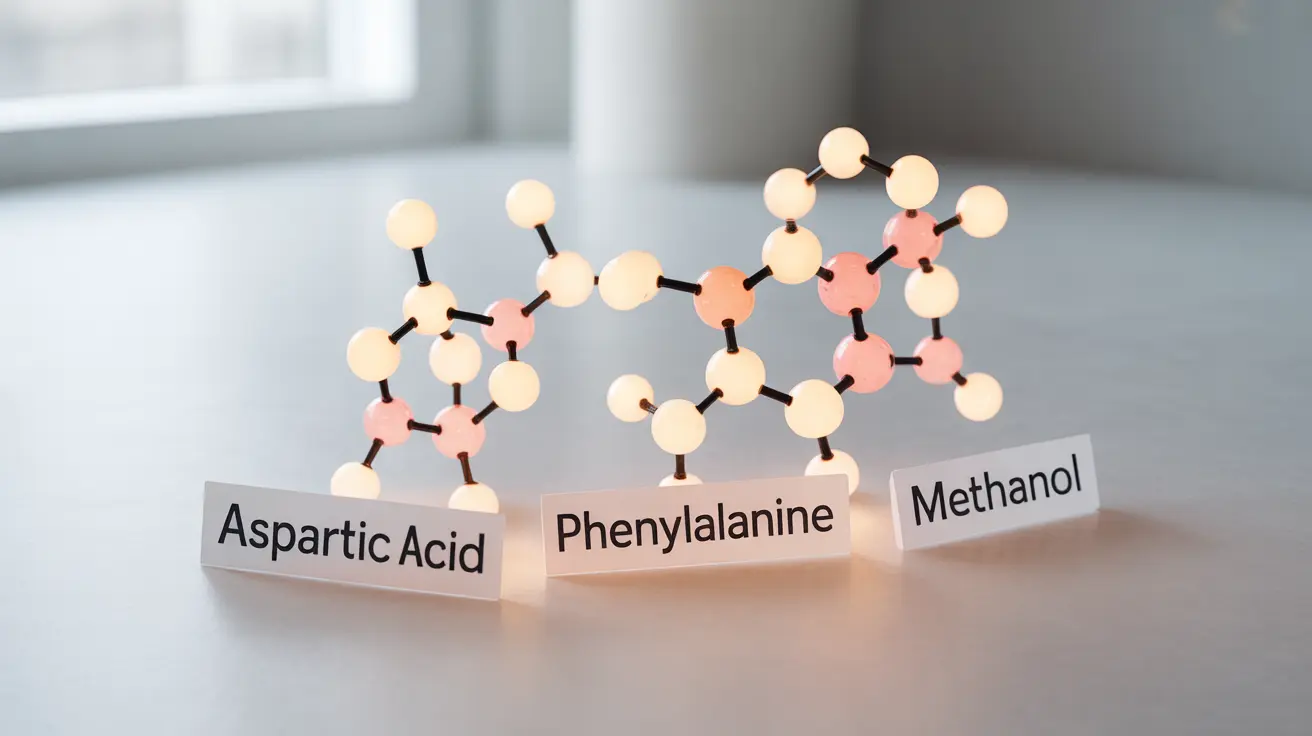Living with fatty liver disease can be challenging, but adopting the right diet can make a significant difference in your liver health. A fatty liver diet focuses on foods that support liver function and reduce fat accumulation in this vital organ. In this comprehensive guide, we'll explore the best dietary approaches, weight loss strategies, and lifestyle changes that can help you manage and potentially reverse fatty liver disease.
Understanding what to eat, what to avoid, and how to implement these changes is crucial for anyone looking to improve their liver health. Let's dive into the specifics of a fatty liver diet and how it can benefit you.
Foods to Eat and Avoid for Fatty Liver
One of the most critical aspects of managing fatty liver disease is making informed choices about your diet. Certain foods can help reduce liver fat, while others may exacerbate the condition.
Foods to Include in Your Fatty Liver Diet
- Fruits and vegetables: Rich in antioxidants and fiber
- Whole grains: Provide complex carbohydrates and fiber
- Lean proteins: Such as fish, poultry, and plant-based proteins
- Healthy fats: Found in avocados, nuts, and olive oil
- Herbs and spices: Particularly those with anti-inflammatory properties
Foods to Limit or Avoid
- Saturated fats: Found in red meat and full-fat dairy products
- Added sugars: Present in sodas, candies, and processed foods
- Refined carbohydrates: White bread, pasta, and rice
- Alcohol: Can contribute to liver damage and fat accumulation
- Salt: Excessive sodium intake can worsen liver health
Weight Loss and Fatty Liver: Finding the Right Balance
Weight loss is a crucial component of managing fatty liver disease, but it's important to approach it in a healthy and sustainable manner.
How Much Weight Should You Lose?
For individuals with fatty liver disease, losing just 3-5% of body weight can significantly reduce liver fat. However, a weight loss of 7-10% can lead to more substantial improvements in liver function and potentially reverse the condition.
Safe Weight Loss Strategies
- Aim for a gradual weight loss of 1-2 pounds per week
- Focus on portion control and balanced meals
- Incorporate regular physical activity into your routine
- Consult with a healthcare professional or registered dietitian for personalized advice
The Role of Beverages in a Fatty Liver Diet
What you drink can be just as important as what you eat when it comes to managing fatty liver disease. Some beverages may offer protective benefits, while others should be limited or avoided.
Coffee and Green Tea: Potential Liver Allies
Both coffee and green tea have shown promise in supporting liver health. Coffee, in particular, has been associated with a reduced risk of liver disease progression. Green tea, rich in antioxidants, may help reduce liver fat and inflammation. Including these beverages in moderation as part of your fatty liver diet could be beneficial.
Beverages to Limit or Avoid
- Alcohol: Even moderate consumption can be harmful to a fatty liver
- Sugary drinks: Sodas and fruit juices with added sugars
- High-calorie smoothies: Be cautious of hidden calories in seemingly healthy drinks
The Mediterranean Diet and Fatty Liver Disease
The Mediterranean diet has gained attention for its potential to improve liver health and even reverse fatty liver disease. This dietary approach emphasizes:
- Plant-based foods: Fruits, vegetables, whole grains, and legumes
- Healthy fats: Olive oil as the primary source of fat
- Moderate consumption of fish and poultry
- Limited red meat intake
- Low to moderate consumption of dairy products
Research suggests that following a Mediterranean-style diet can lead to reduced liver fat and improved liver function in individuals with fatty liver disease. The diet's anti-inflammatory properties and focus on whole, unprocessed foods make it an excellent choice for liver health.
Supplements and Fatty Liver: What You Need to Know
While a balanced diet should be the primary focus for managing fatty liver disease, certain supplements may offer additional support. However, it's crucial to approach supplementation with caution and under medical supervision.
Potentially Beneficial Supplements
- Vitamin E: May help reduce inflammation and liver damage in non-alcoholic fatty liver disease (NAFLD)
- Omega-3 fatty acids: Can help reduce liver fat and inflammation
- Milk thistle: Known for its potential liver-protective properties
Supplements to Approach with Caution
- Iron supplements: Excessive iron can be harmful to the liver
- Vitamin A: High doses can be toxic to the liver
- Herbal supplements: Many can interact with medications or cause liver damage
Always consult with a healthcare provider before starting any new supplement regimen, especially if you have fatty liver disease or are taking medications.
Frequently Asked Questions
- What foods should I eat and avoid if I have a fatty liver?
Foods to eat include fruits, vegetables, whole grains, lean proteins, and healthy fats like those found in avocados and nuts. Avoid or limit saturated fats, added sugars, refined carbohydrates, alcohol, and excessive salt intake.
- How much weight should I lose to improve fatty liver, and how quickly?
Losing 3-5% of body weight can reduce liver fat, while a 7-10% loss can lead to significant improvements. Aim for a gradual weight loss of 1-2 pounds per week for safety and sustainability.
- Is coffee or green tea recommended as part of a fatty liver diet?
Yes, both coffee and green tea can be beneficial for liver health. Coffee has been associated with a reduced risk of liver disease progression, while green tea's antioxidants may help reduce liver fat and inflammation.
- Can a Mediterranean diet help reverse fatty liver disease?
Yes, the Mediterranean diet has shown promise in improving liver health and potentially reversing fatty liver disease. Its emphasis on plant-based foods, healthy fats, and moderate protein intake makes it an excellent choice for liver health.
- Are there any supplements that are safe and effective for fatty liver, and which should I avoid?
Vitamin E, omega-3 fatty acids, and milk thistle may be beneficial for fatty liver disease. However, avoid high doses of iron and vitamin A supplements. Always consult with a healthcare provider before starting any supplement regimen, as some can interact with medications or cause liver damage.
By following a balanced fatty liver diet, maintaining a healthy weight, and making informed choices about supplements, you can take significant steps towards improving your liver health. Remember to work closely with your healthcare provider to develop a personalized plan that best suits your individual needs and health status.




